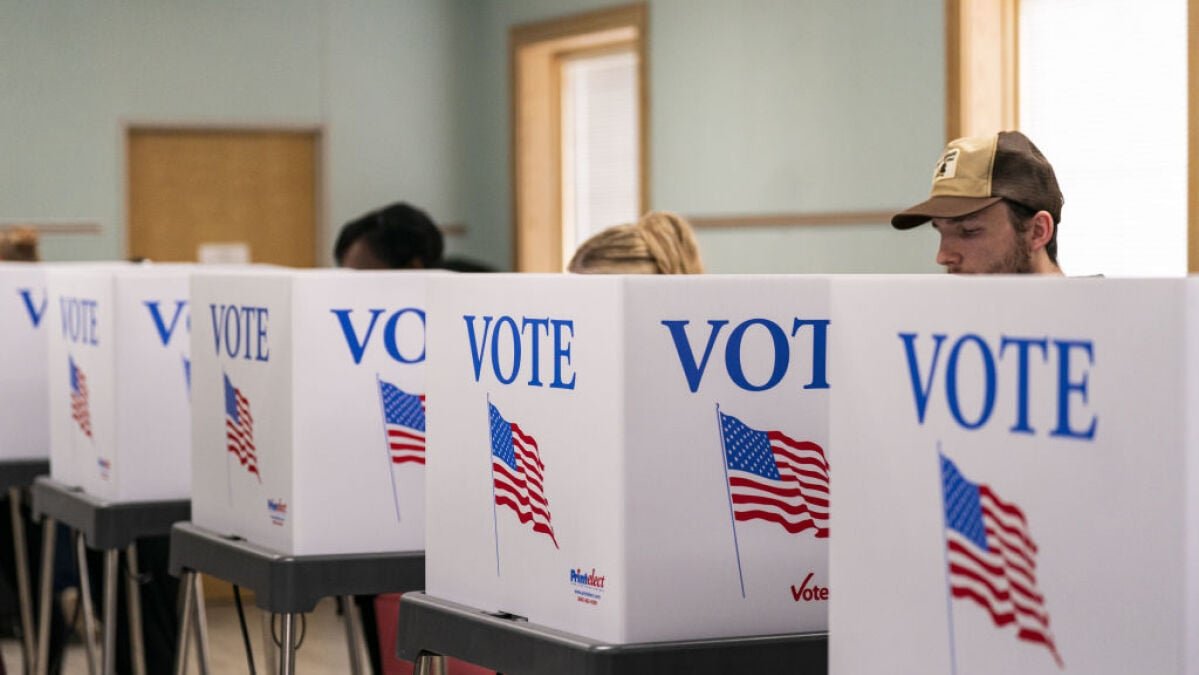Is There Such a Thing as Cheating in an Open Relationship?
OEIS Cheating Spouse Private Investigator:
I had always figured that cheating on my partner was sort of impossible since we opened our relationship. Before, when we were monogamous, the parameters of what was and was not cheating were incredibly clear: No sleeping with other people. Flirting (for us) fine, porn (for us) fine. But now we did the thing we didn’t used to do. In fact, not only did we sleep with other people, we developed long-term sexual and emotional connections with people too. And we told each other all about it.
We had worked hard together to make something flexible and something with more fun and more love at its heart than what we had landed on in our version of monogamy. Sex, before we went open, had in some ways become a site of tension. So it became a priority, a central tenet if you will, that we felt free to sexually express ourselves, to follow and explore our desires. So I’d never even thought about cheating because by definition, surely, it didn’t exist.
So how was it that we were here, in our bedroom after a Saturday night out clubbing, and my partner was looking at me with watery eyes and telling me he felt cheated on?
Well, because I sort of had cheated on him. And I’d sort of known I was doing it too. Not cheating, but a sexy betrayal, perhaps? I didn’t necessarily derive pleasure from that fact. Instead, and perhaps this is just as bad, I just didn’t think about him. I was having great sex with someone I was really into.
See, in our open relationship we have one rule: No sleeping with someone else in our bed. We tried it once at the very beginning. I smelled someone else’s cologne on my pillow (Creed Aventus, not chic), and suddenly the knowledge that someone who wasn’t me had lain in this bed rendered me really, surprisingly sad for weeks. And so we stopped doing that, my partner totally obliging without a second of resistance. Then four years passed. And many lovers. But never in our bed.
“This was your rule!” my partner rightly said after I told him about the guy I’d brought back to our place. Perhaps I’d told him way too casually, sort of off the cuff. In my defense—and as I reminded my partner—we had been talking recently about perhaps changing our bedroom rule. Be warned, those of you who are toying with openness: Finding a place to fuck is obstacle number two in all this; number one is working out schedules. It’s all just quite a lot of admin, really.
But here we were in the heart of the drama—much much more drama than when I’d told him, equally as casually, that I had feelings for someone else. My partner explained that just because we’d floated a change, I wasn’t free to act on it. He wasn’t actually mad or upset I’d slept with someone else or, ultimately, that it had been in our bed.
It seemed, as we got to the bottom of it, that what had upset him was that I had removed his agency over a choice that ultimately protects him and us both. In monogamy the protective choice is to not sleep with anyone else. Our one protection, our control rule, was about not sleeping with others in our bed. It was the outer perimeter of our trust; it had formed a small but necessary bedrock, an acknowledgment that in all this freedom, we keep one thing sacred. He told me he felt I’d prioritized my libido over his feelings. Which I had.
I told him I felt sorry. That I felt guilty, which didn’t really help. And I told him I understood, but I felt surprised that he had used the term cheating. Once the fight was over, I wondered what it was about this incident that made it cheating rather than, say, breaking a rule. And I think it’s actually the same across all relationships, monogamous, anarchic, open, whatever. Cheating is when we cheat people out of something—out of choice, agency, knowledge. We cheat people out of an opportunity to express their feelings or wants or needs about a situation or we cheat people out of the ability to try to remedy a situation. We cheat people out of feeling cared for and protected in the ways that both parties had mutually agreed upon.
In honesty, I knew my partner and I would be okay. I don’t wish for moral or ethical perfection from my partner, and he doesn’t wish it from me. In fact, in my experience of openness or non-monogamy, it’s the complicated situations that seem to herald the start of a growth period or a chance to reassess the boundaries. For us, our bedroom remains sacred—or perhaps it’s our agreement that’s sacred, whatever that may be.





